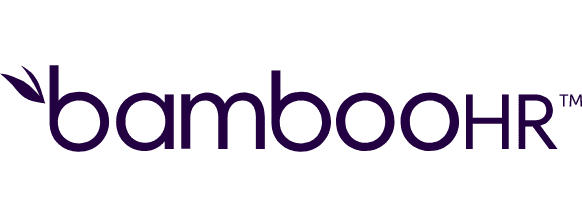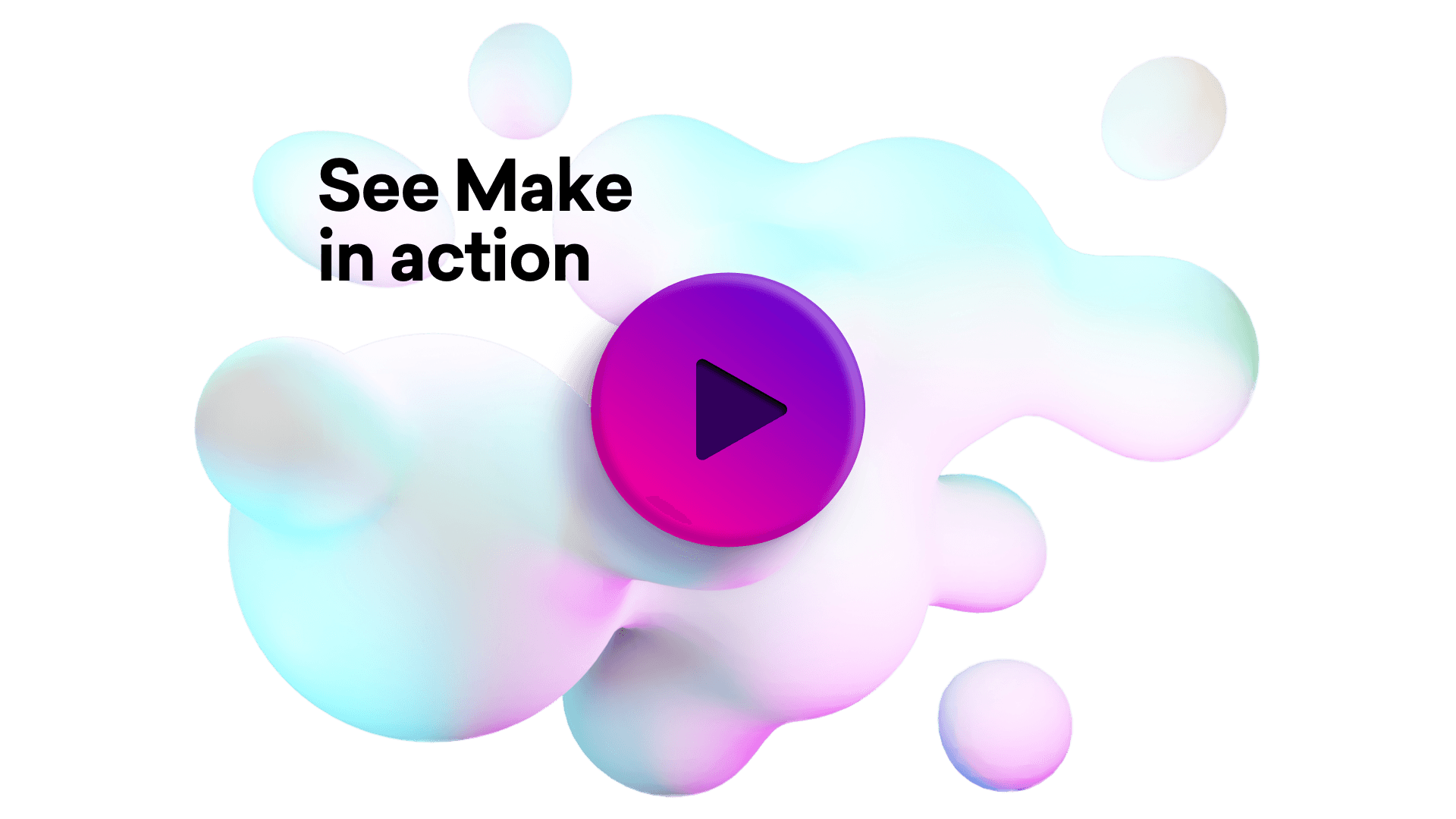Connect Feedly and GitHub integrations
Connect Feedly and GitHub with any of your favorite apps in just a few clicks. Design, build, and automate anything for your work by integrating apps like Feedly and GitHub to create visual automated workflows. Choose from thousands of ready-made apps or use our no-code toolkit to connect to apps not yet in our library.
Trusted by thousands of fast-scaling organizations around the globe





Automate your work. Build something new.
Just drag and drop apps to automate existing workflows or build new complex processes. Solve problems across all areas and teams.

Build your Feedly and GitHub integrations.
Create custom Feedly and GitHub workflows by choosing triggers, actions, and searches. A trigger is an event that launches the workflow, an action is the event.
Adds assignees to an issue or pull request.
Adds labels to an issue or pull request.
This action will try to find a source from a URL, and add it to a personal feed.
This action will read content from a URL, and create a new article in a board.
Creates a new comment.
This action will create a new article in a Feedly board. It requires content, a URL, and a title.
Creates a new issue.
Removes assignees from an issue or pull request.
Removes an existing comment.
Popular Feedly and GitHub workflows.
Looking to get more out of Feedly and GitHub? With Make you can visually integrate Feedly and GitHub into any workflow to save time and resources — no coding required. Try any of these templates in just a few clicks.
Add new Feedly entries as rows in Google Sheets
Automatically log new Feedly entries into Google Sheets. Keep track of your favorite articles by adding them as rows in your spreadsheet.
TRY IT ->Select podcast content ideas from Feedly articles using ChatGPT
Generate engaging podcast topics by transforming Feedly articles with ChatGPT. Stay ahead with fresh ideas and captivating content for your next podcast episode. The template is part of this [Webinar.](https://www.youtube.com/watch?v=EwfCfoVpLgQ)
TRY IT ->Create a new Notion database item for every new article in your Feedly personal board
Effortlessly streamline your content curation process with this template! Every time a new article is added to your personal board in Feedly, Make will automatically create a new page in Notion. This integration allows you to keep all your valuable insights organized and easily accessible, enhancing your productivity and knowledge management. Perfect for bloggers, researchers, and anyone looking to consolidate their reading materials in one place!
TRY IT ->Organize Feedly articles by local/national with ChatGPT and add to Google Sheets 1/2
Organize Feedly articles into local or national, give them a rating, categorize into specific industries using ChatGPT and save them easily in Google Sheets for better content management. Here is template [1/2.](www.make.com/en/integration/12189-create-a-newsletter-with-chatgpt-and-mailchimp-2-2?templatePublicId=12189) The template is part of this [Webinar.](https://www.youtube.com/watch?v=EwfCfoVpLgQ)
TRY IT ->Create GitHub issues from new FreeScout conversations
Every time a new FreeScout conversation is created, Make will automatically create the corresponding issue in GitHub. Additionally, the conversation is filtered by source type with the Router module.
TRY IT ->Create GitHub issues from Pastebin pastes
This template lists your Pastebin pastes and create a corresponding GitHub issue for each one.
TRY IT ->Create Pushwoosh notification from new GitHub issues
Every time a new issue is created in GitHub, Make will automatically create a push notification in Pushwoosh with details of this Issue.
TRY IT ->Add new GitHub issues to Nozbe Teams as tasks
Every time a new issue is created in GitHub, Make will automatically create a new task in Nozbe Teams.
TRY IT ->Create documents in Boost Note from new pull requests in GitHub
Every time a you have new pull requests in GitHub, Make will automatically create a new documents in Boost Note.
TRY IT ->
FAQ
How it works
Traditional no-code iPaaS platforms are linear and non-intuitive. Make allows you to visually create, build, and automate without limits.






